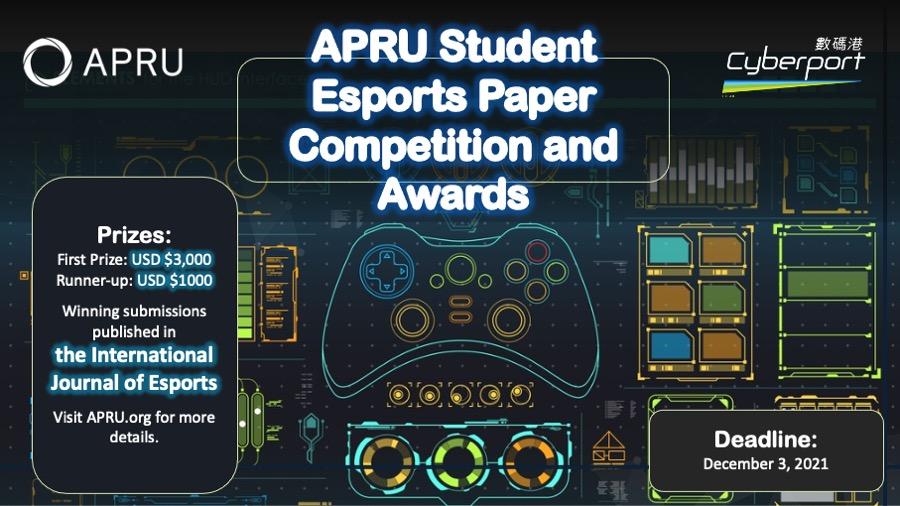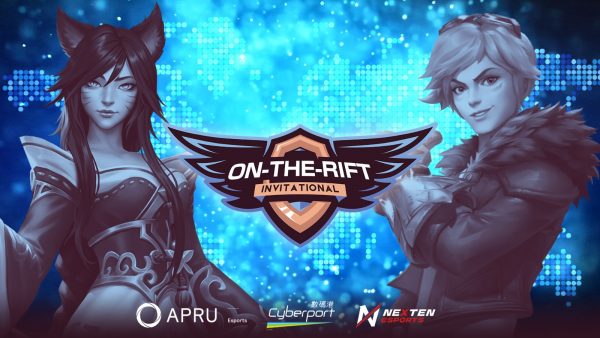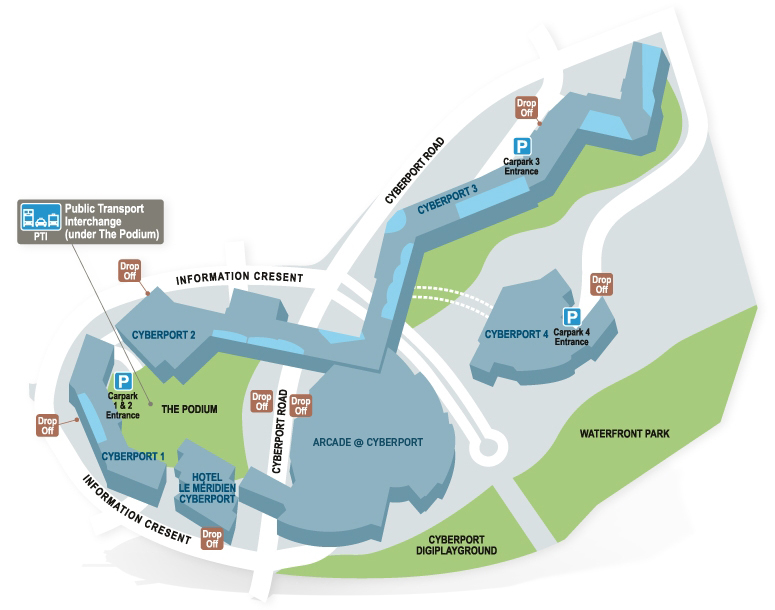The APRU MetaGame Conference seeks to incorporate the full ecosystem of Esports, from gamers to industry partners and from government leaders to students – we are seeking to expand the purview of Esports.
The second APRU MetaGame Conference will focus on Hong Kong as an emerging Esports leader in the region and examines the ways that an international network of Esports leaders can further its scope within universities from Esports as digital entertainment to developing career pathways for students in the Esports ecosystem.
The APRU MetaGame Conference will take place within a broader convening titled the Digital Entertainment Leadership Forum hosted at Cyberport in Hong Kong on 10-11 December, 2021. Visit their website for more information and to register: https://delf.cyberport.hk/en/index.
Attend the APRU Metagame Conference to:
- Engage in discussion with leaders in Hong Kong and the Asia Pacific to discuss digital skills of the future and universities’ role in preparing the next generation of innovators and changemakers.
- Learn from experts about how Esports can offer pathways to careers in engineering, education, youth development, etc.
- Vote for the winner of the Student Paper Competition, a student paper competition seeks to inspire students in the study of esports.
- Support your favorite university in the Show Match and Tournament – A League of Legends Wild Rift show match will kick-off regional tournaments in North America and Asia.
Date & Time:
December 10, 2021 5PM – 8:30PM (Los Angeles / Vancourver)
December 11, 2021 9AM – 12:30PM (Hong Kong / Singapore)
Check your local time
A certificate of participation is provided for attendees who participate in at least 60 mins of the MetaGame Conference via ZOOM or in-person participation.
APRU Student Esports Paper Competition and Awards 2021

APRU Collegiate Regionals Tournament

Past Conference:
MetaGame Conference 2020
Enquiries: Anya Wong ([email protected])



